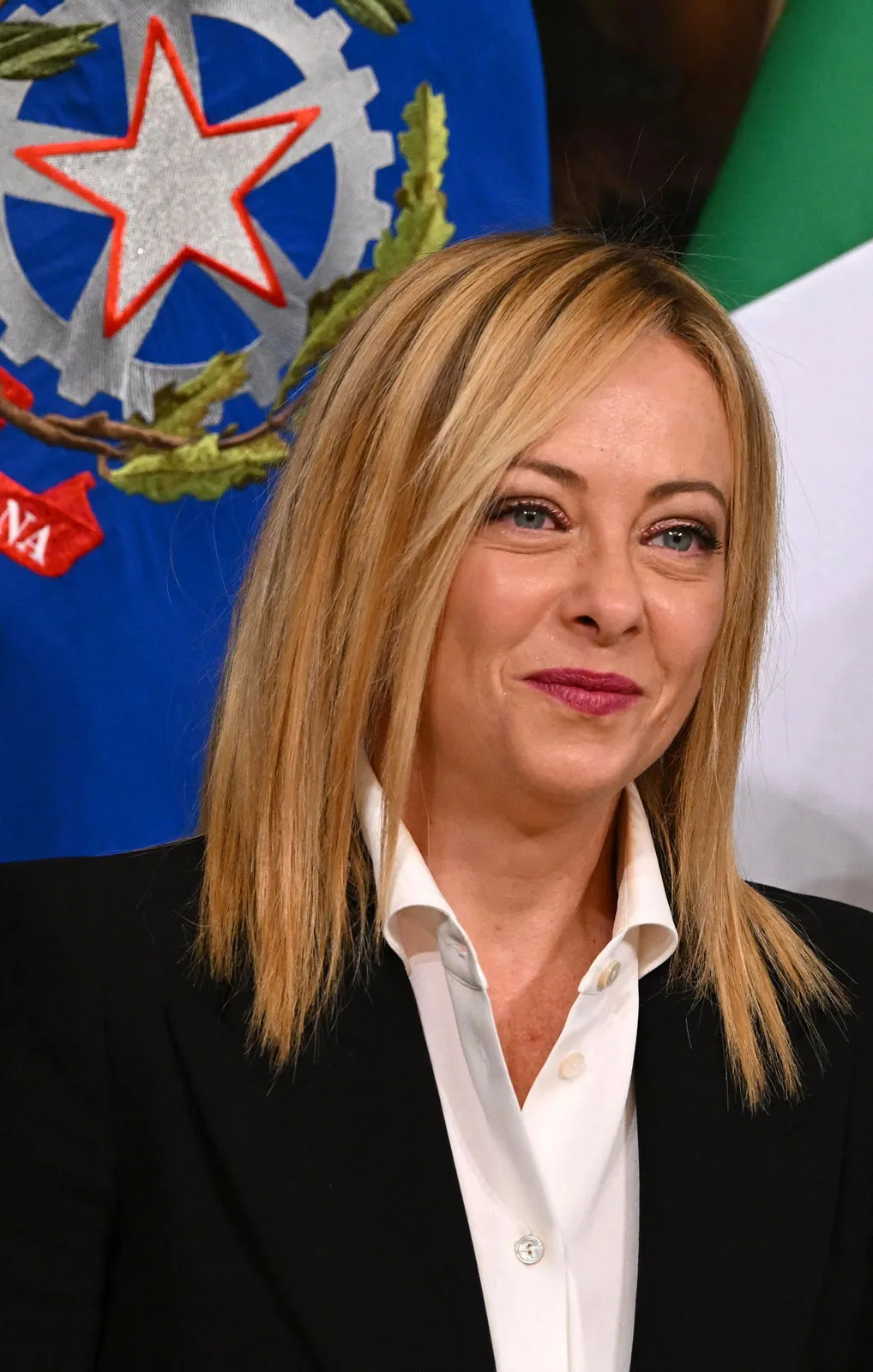Giorgia Meloni and the Return of Political Solidity in Europe

In a European political landscape increasingly defined by fragmentation, declining public trust, and weak mandates, Italian Prime Minister Giorgia Meloni stands out as a paradox—a leader with roots in post-ideological nationalism who has managed to consolidate both institutional legitimacy and popular consensus.
From the Margins to the Mainstage
Meloni’s trajectory is remarkable. Rising from the margins of Italian politics, she now commands the most stable parliamentary majority in a major European democracy. While other leaders struggle to maintain credibility at home or coherence abroad, Meloni has cultivated an image that blends ideological clarity with pragmatic restraint. Her message resonates with voters who feel alienated by the technocratic, elite-driven discourse that has dominated the continent for the past two decades.
Macron’s Vision – and Its Price
This sets up an intriguing contrast with French President Emmanuel Macron—her political and temperamental opposite. Macron embodies the hyper-rationalist, top-down approach to governance: pro-European to the core, unapologetically liberal in economic policy, and firmly anchored in the tradition of state-driven reform. His vision of Europe is ambitious, often visionary, and intellectually consistent. Yet it has come at a domestic cost.
Two Leaders, Two Publics
Where Meloni engages her electorate with populist fluency and a sharp sense of political timing, Macron has appeared increasingly distant from the popular mood in France. His second term has been marked by social unrest, declining approval ratings, and a widening perception gap between the Élysée and the French street. Nevertheless, to his credit, Macron has pursued structural reforms—including deeply unpopular ones—with a level of political courage that few European leaders have matched.
Meloni’s Balancing Act
But the political moment seems to favor Meloni’s brand of leadership: rooted in national identity, responsive to social anxieties, yet calibrated enough not to alienate Italy’s allies or financial markets. Unlike many of her ideological peers across Europe, she has avoided incendiary rhetoric or isolationist stances that would undermine her credibility on the international stage. In fact, her ability to project firmness at home while striking a constructive tone abroad has earned her a seat at the high table of European decision-makin
Navigating Diplomatic Tensions
Despite her domestic success, Meloni’s relationship with Macron has been notably strained. The two leaders have often found themselves at odds over key European policies, leading to a series of diplomatic tensions. For instance, during the G7 summit in Fasano, Italy, in June 2024, observers noted a palpable froideur between Meloni and Macron, underscoring the challenges in Franco-Italian relations.
The Shape of Europe to Come
As the continent braces for critical elections to the European Parliament, Meloni’s model—nationalist, but not nativist; assertive, but not reckless—could prove to be a prototype for a new generation of conservative leadership in Europe. Macron, for his part, remains a vital figure in the European project but increasingly resembles a leader swimming against the current of domestic opinion.
In the evolving duel between the strategic verticalism of Macron and the grounded pragmatism of Meloni, Europe is witnessing not just a contest of personalities but a deeper reckoning with what leadership means in an era of democratic fatigue.
– Anita Rosen –







